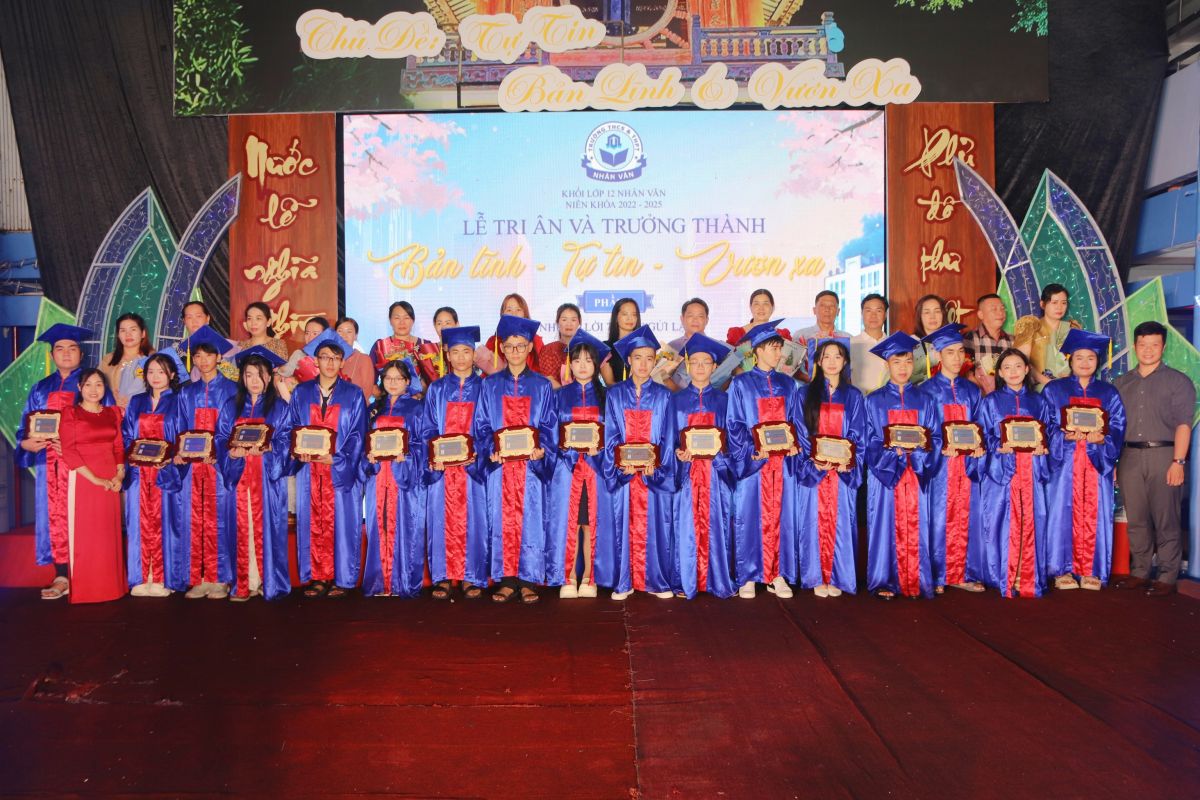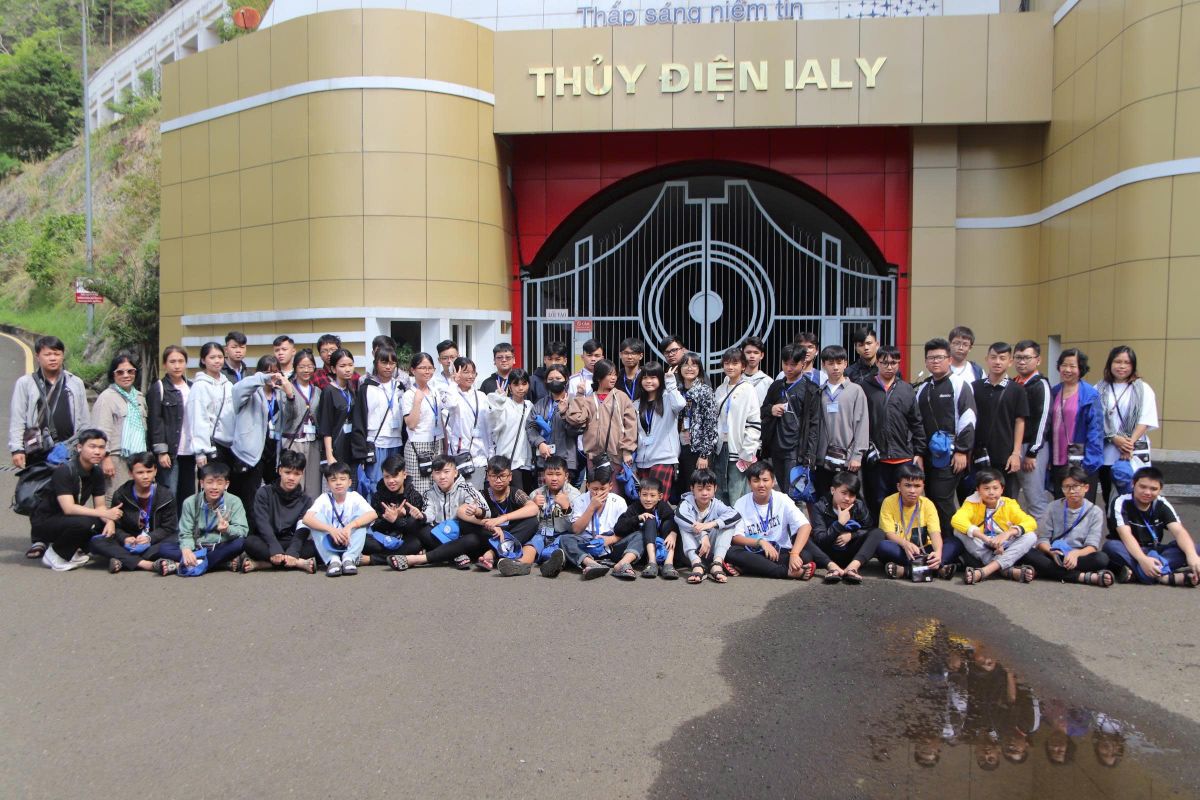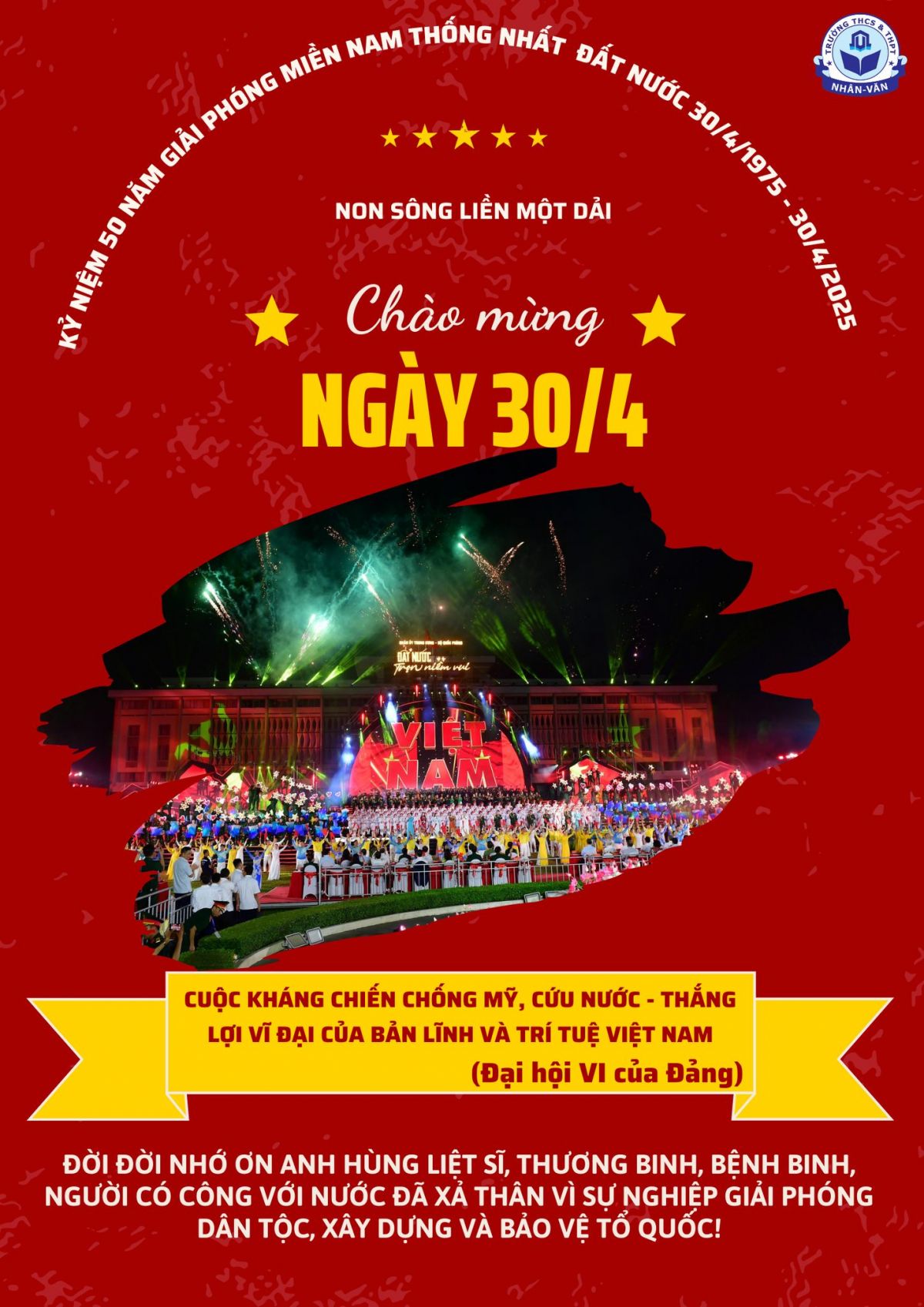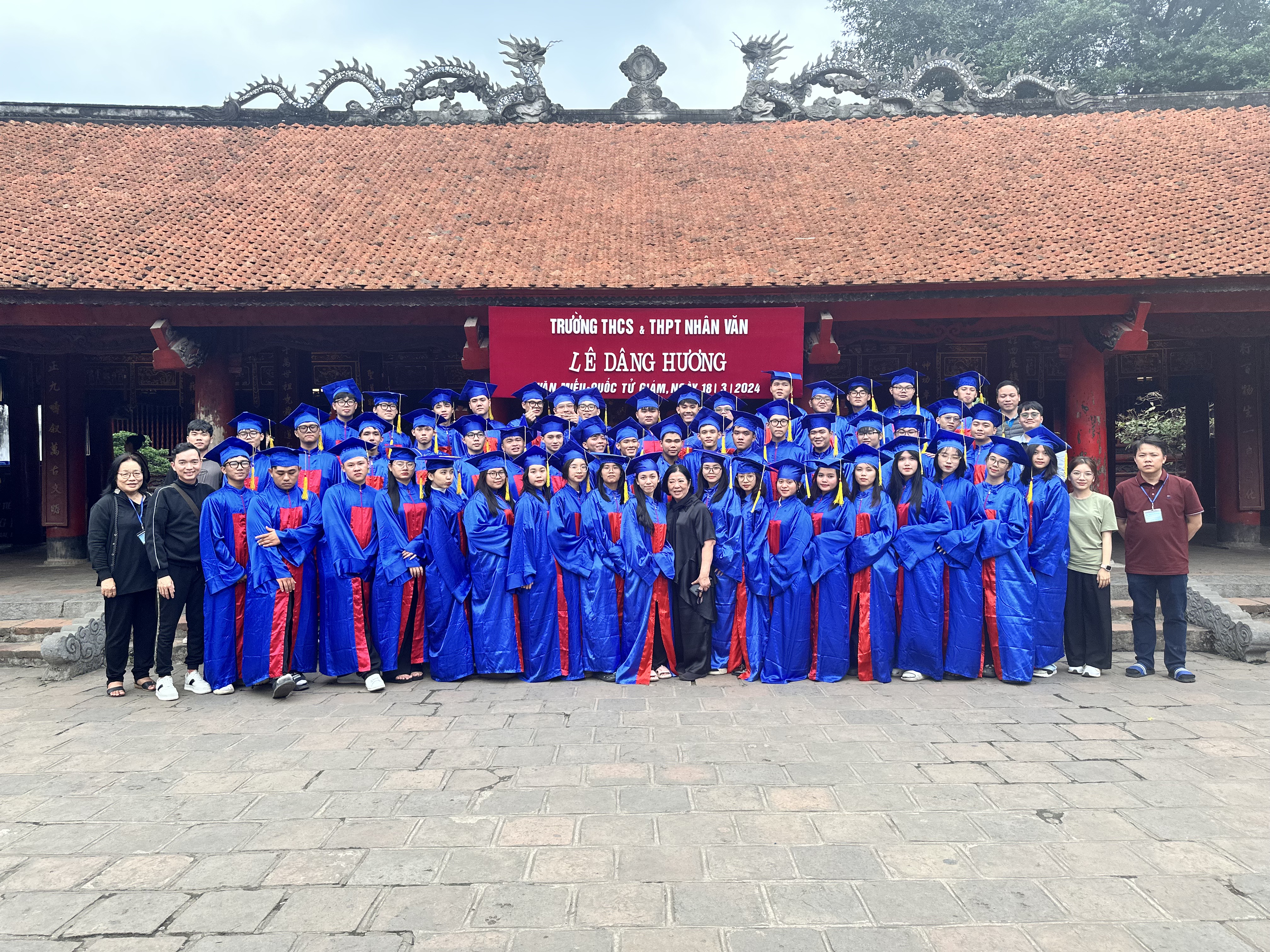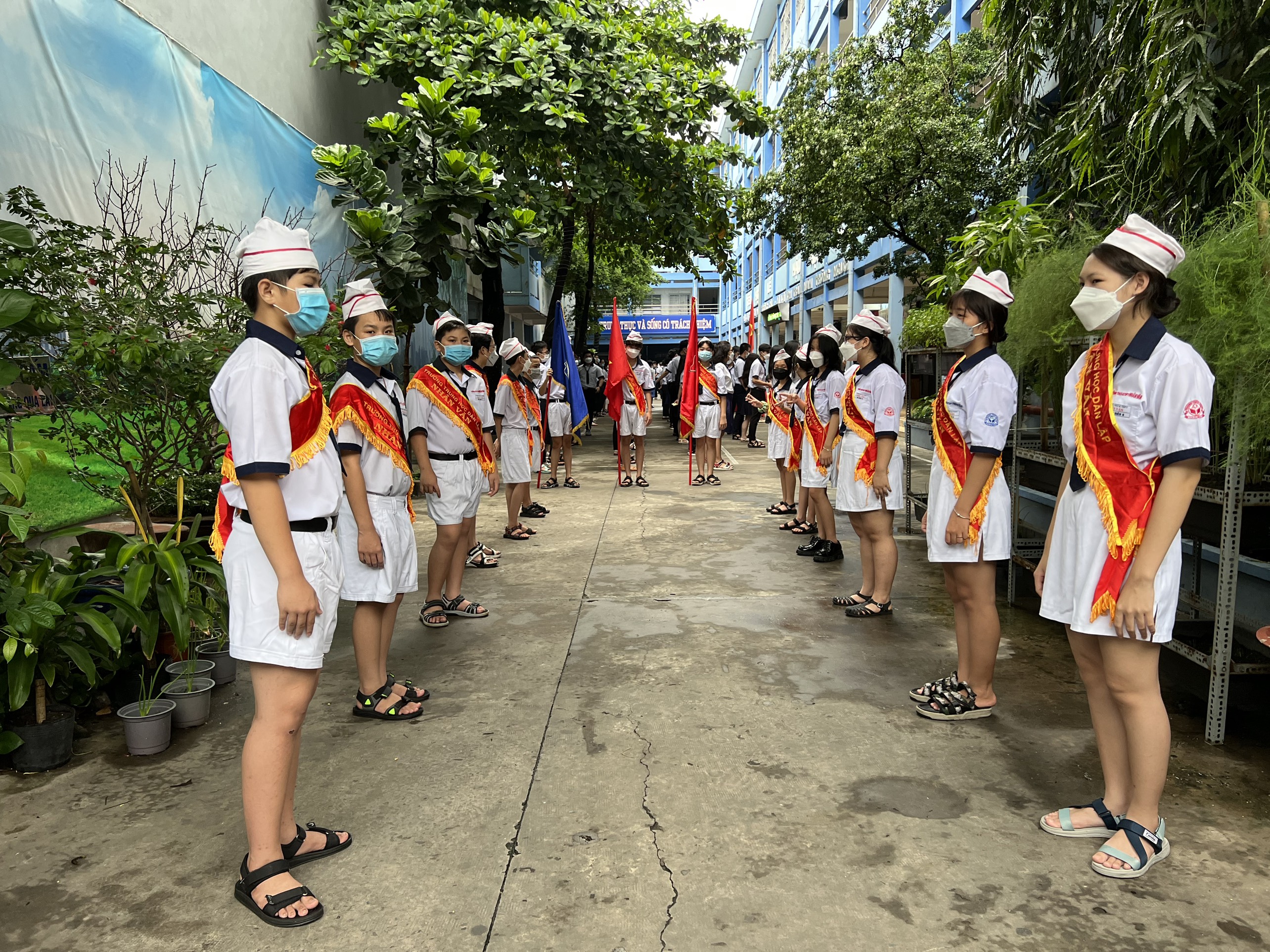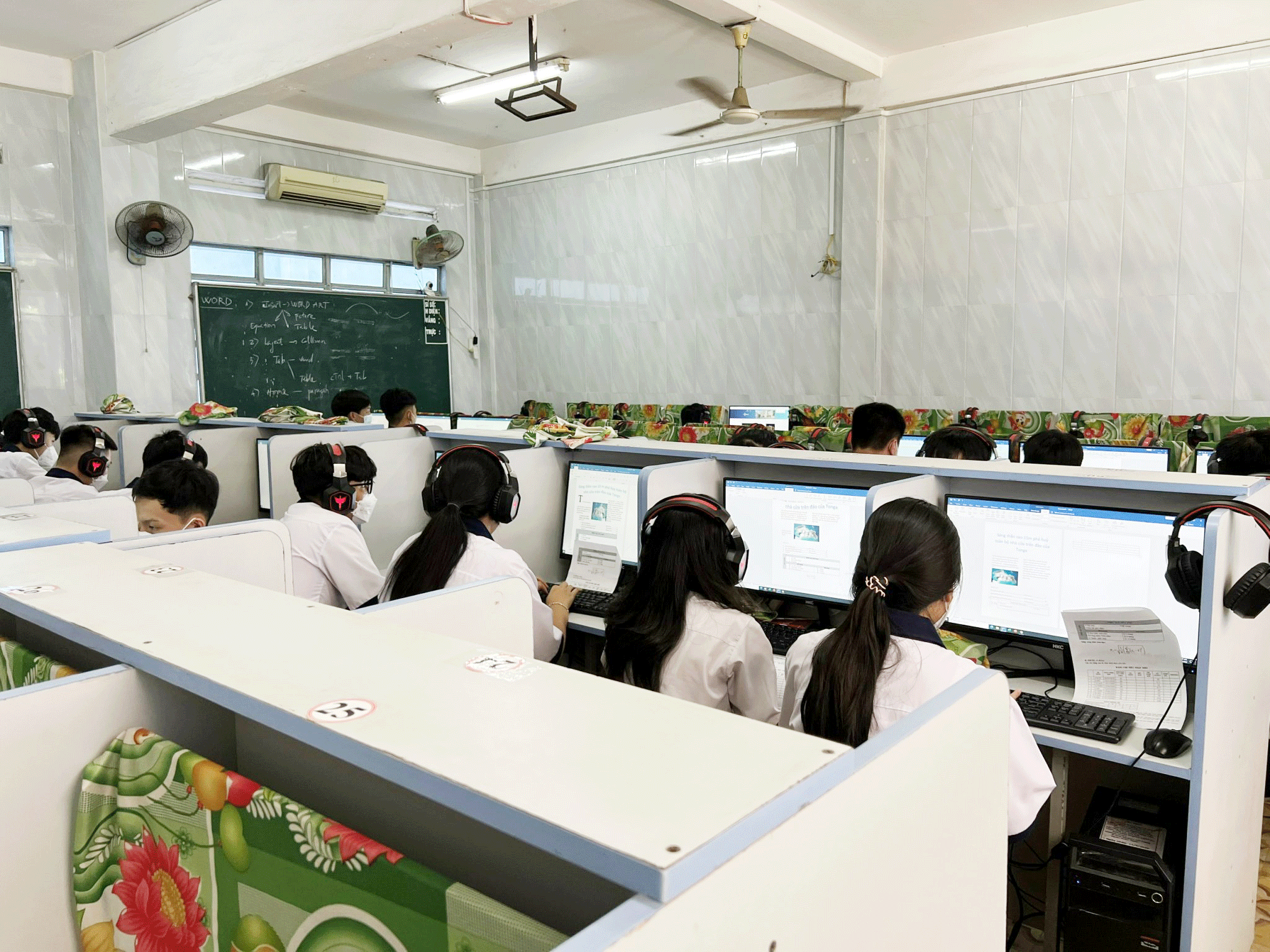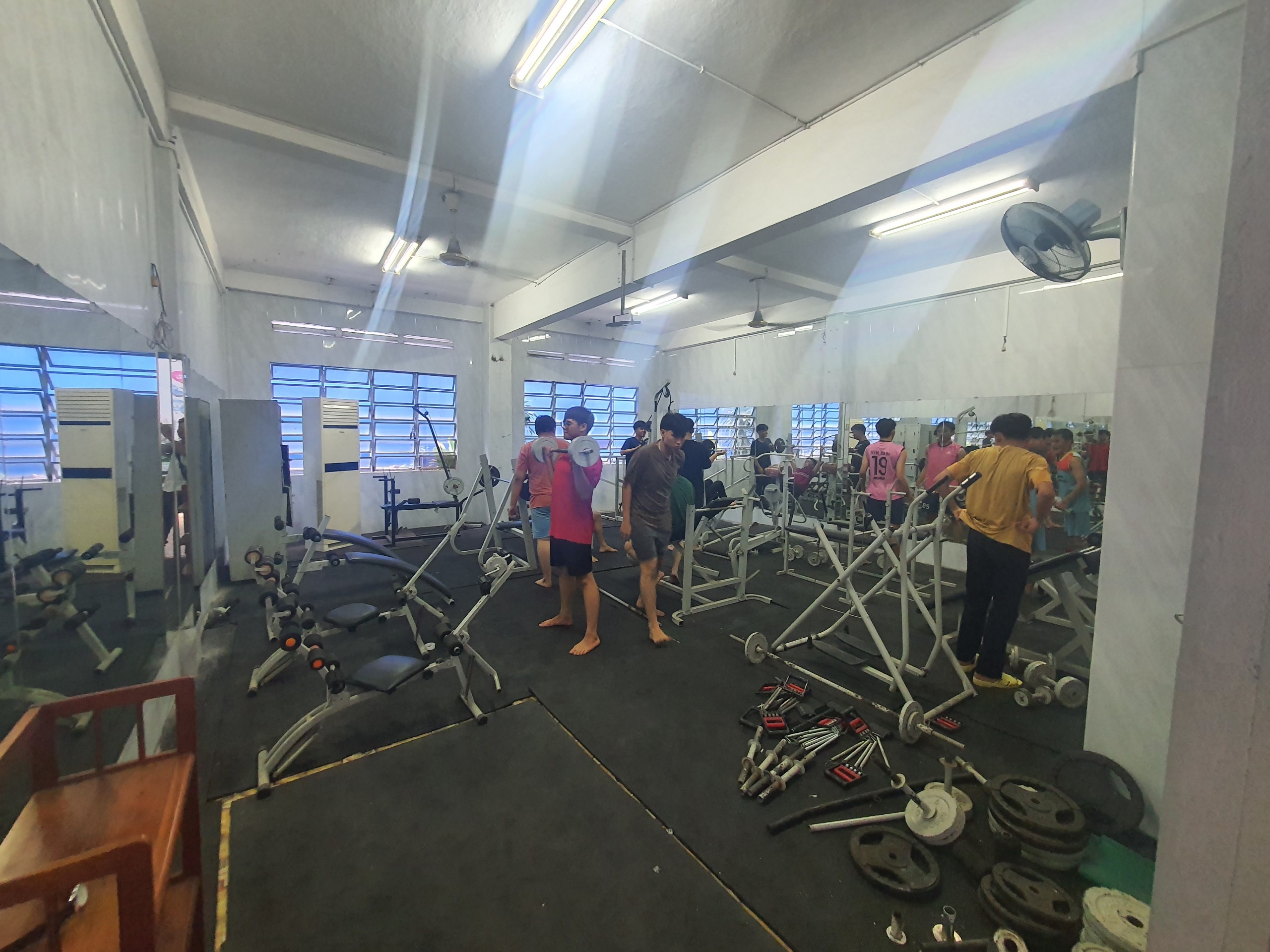Bạn hãy làm ví dụ về Tính từ, Trạng từ sau :
An investigation conducted by a private group indicated that there is an ….......demand for qualified employees in inner-city businesses.
A. increasingly
B. increases
C. increasing
D. increase
Chúng ta thấy, trước chỗ trống là mạo từ (article) “an”, sau chỗ trống là danh từ “demand”. Câu này có thể xảy ra 2 khả năng:
cần 1 tính từ bổ nghĩa cho danh từ “demand”
cần 1 danh từ để hợp với “demand” tạo thành danh từ ghép (compound noun)
Do đó, dựa vào 4 lựa chọn ở trên, chỉ có “increasing”- tính từ ở hình thái phân từ (V-ing) có thể kết hợp với demand- nghĩa là nhu cầu đang ngày càng gia tăng.
Như vậy, việc xác định đuôi tính từ (hay trạng từ) đóng một vai trò quan trọng trong việc trả lời câu hỏi.
I. Dấu hiệu nhận biết Tính từ
Tận cùng là “able”: comparable, comfortable, capable, considerable
Ex: We select the hotel because the rooms are comfortable
Tận cùng là “ible”: responsible, possible, flexible
Ex: She is responsible for her son's life
Tận cùng là “ous”: dangerous, humorous, notorious, poisonous
Ex: She is one of the most humorous actresses I've ever known
Tận cùng là “ive”: attractive, decisive
Ex:
She is a very attractive teacher
Tận cùng là “ ent”: confident, dependent, different
Ex: He is confident in getting a good job next week
Tận cùng là “ful”: careful, harmful, beautiful
Ex: Smoking is extremely harmful for your health
Tận cùng là “less”: careless, harmless
Ex: He is fired because of his careless attitude to the monetary issue
Tận cùng là “ ant”: important
Ex: Unemployment is the important interest of the whole company
Tận cùng “ic”: economic, specific, toxic
Ex: Please stick to the specific main point
Tận cùng là “ ly”: friendly, lovely, costly (từ này hay xuất hiện trong đề thi)
Ex: Making many copies can be very costly for the company.
Tận cùng là “y”: rainy, sunny, muddy (đầy bùn), windy...
Ex: Today is the rainiest of the entire month
Tận cùng là “al”: economical (tiết kiệm), historical, physical...
Ex: Instead of driving to work, he has found out a more economical way to save money.
Tận cùng là “ing”: interesting, exciting, moving = touching (cảm động)
Ex: I can't help crying because of the moving film
Tận cùng là “ed”: excited, interested, tired, surprised...
He has been working so hard today, so he is really exhausted
Các tính từ ngoại lệ đuôi "-ly"
Một quy tắc chung thường gặp đó là Trạng từ (Adverb) thường sẽ kết thúc bằng đuôi -ly phải không các em? Vậy mà tiếng anh lại có một số những NGOẠI LỆ khi mà một vài TÍNH TỪ có dạng tận cùng là -ly. Đó là những tính từ gì nhỉ?
1. RẤT THÔNG DỤNG
daily: hàng ngày
early: sớm
elderly: già, lớn tuổi
friendly: thânthiện
likely: có khả năng sẽ xảy ra
lovely: đáng yêu, tuyệt vời
2. KHÁ THÔNG DỤNG
unlikely: không có khả năng xảy ra
lively: sinh động/ năng động/ hoạt bát
lonely: cô đơn
monthly: hàng tháng
silly: ngốc ngếch
ugly: xấu xí
weekly: hàng tuần
Costly: đắt đỏ
3. KÉM THÔNG DỤNG HƠN
Chilly: se se lạnh
orderly/ disorderly: ngăn nắp/ lộn xộn
ghostly: giống như ma
heavenly: đẹp đẽ, tuyệt vời (như thiên đường)
hourly: hàng giờ
jolly: vui nhộn
manly: nam tính
nightly: hằng đêm
oily: nhiều dầu mỡ
quarterly: hàng quý
smelly: bốc mùi khó chịu
yearly: hàng năm
II. Dấu hiệu nhận biết Trạng từ
Trạng từ kết cấu khá đơn giản:
Adv= Adj+ly: wonderfully, beautifully, carelessly...
Ex: she dances extremely beautifully
Một số trạng từ đặc biệt cần lưu ý
Chúng ta đã biết, hầu hết các trạng từ trong tiếng Anh được cấu tạo bằng cách thêm đuôi “-ly” vào tính từ. Tuy nhiên, đã lã ngôn ngữ thì không có gì tuyệt đối cả. Sau đây là một số trạng từ đặc biệt mà chúng ta cần lưu ý.
1. late / lately
Late có thể vừa là TÍNH TỪ, vừa là TRẠNG TỪ, mang nghĩa “ after the correct time”/ ”muộn”
§ I’m not hungry because I had a late lunch. (adjective)
§ He slept late and missed his first class. (adverb)
Lately là trạng từ, nghĩa là “ recently”/ “gần đây, mới đây”
§ I haven’t studied a lot lately. Work has been busy for the past couple weeks.
2. hard / hardly
Hard có thể là TÍNH TỪ (với 2 nghĩa: khó hoặc cứng) và TRẠNG TỪ (vất vả, cực nhọc)
§ This book is too hard for me. I can’t read it. (adjective, hard = difficult)
§ This mattress is too hard. I can’t sleep. (adjective, hard = opposite of “soft”)
§ She’s working hard to finish the project by tomorrow. (adverb, hard= intensely)
Hardly là trạng từcó nghĩa “almost not”/ “hầu như không”
§ We have a bad connection – I can hardly hear you. (= I almost can’t hear you)
3. High and highly
High là TÍNH TỪ và TRẠNG TỪ khi muốn diễn tả ý liên quan đến độ cao.
§ The sky is so high (adjective)
§ Throw it as high as you can. (adverb)
Highly là trạng từ mang nghĩa “very much”/ “rất nhiều, rất”
§ I can highly recommend this product.
4. most / most of / mostly
Most or most of là tính từ mang nghĩa “the majority, the greater part”/ “phần lớn”
§ Most people like the country’s president. (= more than 50% of the people)
§ Most of the students in the class are nice. (= more than 50% of the students)
Most là trạng từ lại mang nghĩa “to the greatest degree”/ “nhiềunhất” – dùngtrong so sánhhơnnhất:
§ She’s the most popular girl in school. (= more popular than EVERYONE else)
§ This is the most confusing chapter in the book.
(= more confusing than ALL the other chapters)
Mostly là trạng từ có nghĩa là “mainly, generally, usually”/ “thường là, chủ yếu là, phần lớn”
§ We mostly go to dance clubs, but sometimes we go to a cafe.
(= we usually go to dance clubs)
§ I’ve mostly dated athletes; I love women who play sports.
(= I’ve mainly dated athletes)

